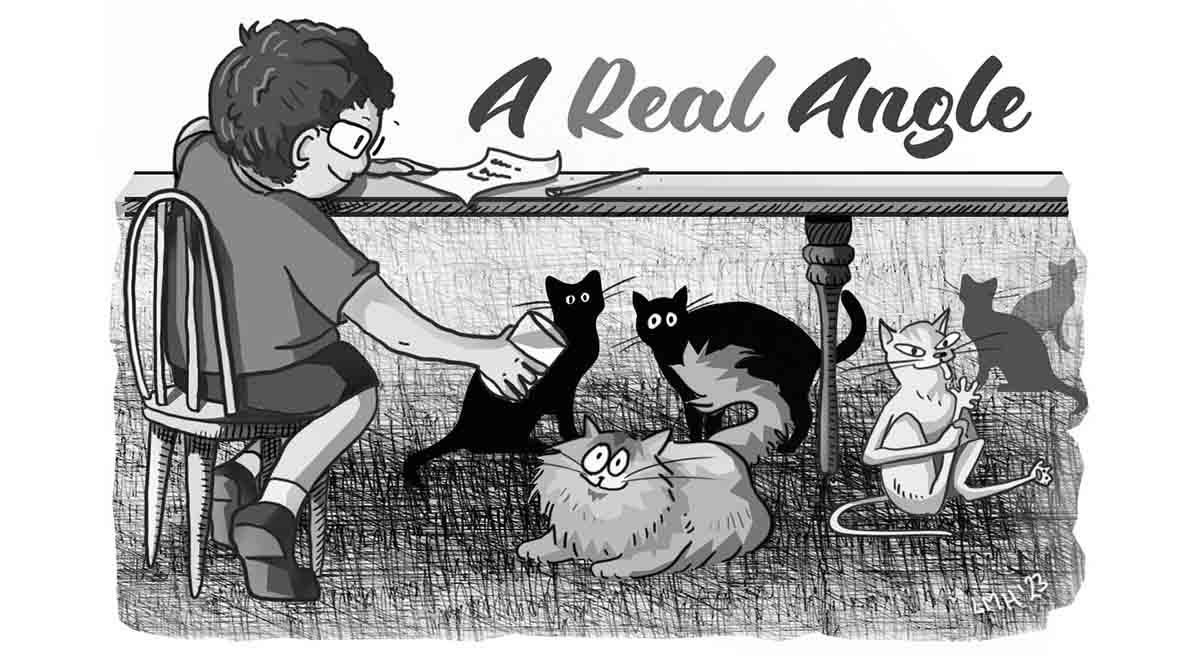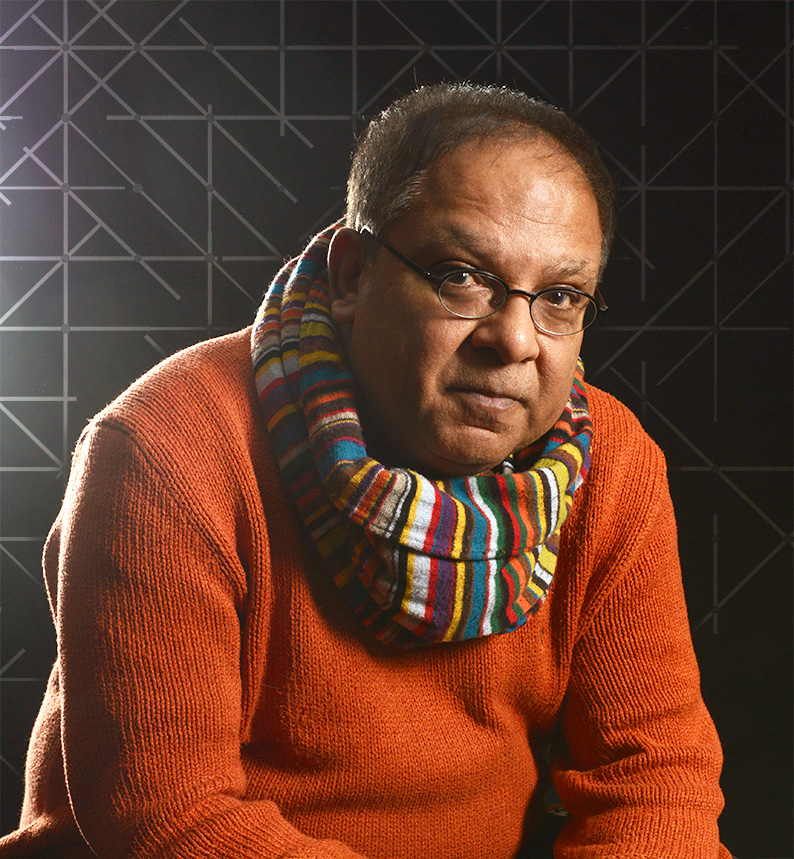As a child in England, every Sunday afternoon, I was sat at a table by my foster mum to pen a letter to my divorced dad in Africa.
“Dear Father, I hope this letter finds you in good health.”
In return, I would receive a typewritten answer from him.
The flimsy paper bore holes from the excessive energy he transmitted through his keyboard. His enthusiasm overcame every rule of syntax and spelling in the English language, sometimes with startling effect.
A few days ago, I came across his last letter to me sent years ago. I was in Calgary, Canada by then and was about to marry. He was slaving in a furniture factory three thousand miles away in Toronto.
Dad wrote about my Fui—his sister—the only surviving member of his family, but for me.
He recalled our happy times in Africa when I would return from my schooling in England for the summer.
My father was more mischievous than his eight-year-old son. Knowing I didn’t like it, he would always ask his sister to make me hot milk. My Fui made sure I drank it all as “hot milk and almonds made you sleep well.”
As I sat at her dining table, I inevitably kicked a cat. My Fui was famous for feeding strays in the neighbourhood. At night they would seek sustenance and shelter in her home.
It took ages to finish my milk. Halfway through, my Fui would top it up. Her sparkling smile was totally guileless. She was never told of my aversion. The only way to avoid drinking it all, was to take my time. As I sat, neighbours would come in and chat, drawn to her warm welcome.
As they talked, my father distracted for a moment, I would surreptitiously deliver my milk to the cats beneath my table.
Fuima emigrated with her family to Toronto. She could speak no English and was isolated at home while her family went to work. Instead of lamenting, she had her son make a list in Gujarati, her native tongue, of all the elderly Indian women of her community living in the area and their telephone numbers. Many were left alone all day. Some lived by themselves. My Fui would call them daily to make sure they were well and ask if they needed help. If they did, she would use her charm to call others to assist them.
One day, I received the news in Calgary that Fuima had died. In accordance with Muslim burial rites, her funeral would take place immediately. I rushed to attend, taking a taxi from Toronto airport to the address given me. There was no way I could enter the mosque. Both it and its courtyard were chock-a-block with mourners. It seemed the whole of Toronto had come to pay their respect. Incredible, as she was neither rich nor socially high-ranking.
In his letter, Dad reminisced on how much Fuima gave of herself to others, unstintingly. In his customary habit of demolishing English spelling beyond recognition, he concluded “Your aunt was a real angle.”


